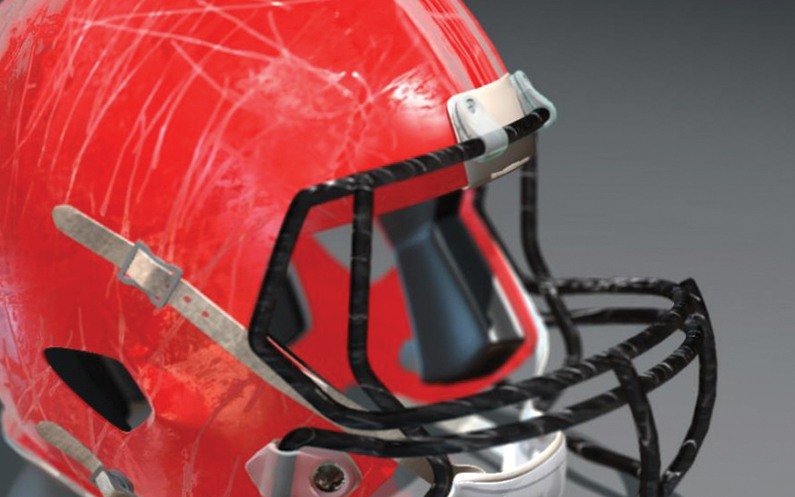What’s a Concussion?
A concussion is defined as a complex pathophysiological process that affects the brain, typically induced by trauma to the brain. It can be caused either by a direct blow to the head, or an indirect blow to the body, causing neurological impairments that may resolve spontaneously. Symptoms usually reflect a functional disturbance to the brain, and may include physical (e.g., headaches, nausea), cognitive (e.g., difficulty with concentration or memory), emotional (e.g., irritability, sadness), and ”maintenance” (e.g., sleep disturbances, changes in appetite or energy levels) symptoms. A concussion is considered a brain injury.
Sports Concussions
What Determines if Your Child Should Return to the Game?
Various factors contribute to the decision of returning an athlete to play after sustaining a concussion. With computerized neuropsychological testing procedures acting as the “cornerstone for concussion management”, patients at the Sports Concussion Institute will be administered an additional battery of tests that assess cognitive and neurobehavioral function. Additionally, patients at SCI will undergo vestibular balance testing which has been shown to be an effective, empirically driven approach to managing concussions. After a comprehensive interview, a full assessment of patient symptoms will take place. Because of the complex nature of concussions, a multi-factorial, multi-disciplinary approach must be taken to ensure the safety and well-being of the patient, and only after all these factors indicate that the athlete can safely participate in their sport will he or she be cleared for Returning to Play.
ZipClinic Urgent Care provides sports concussion testing. Walk-ins welcome at the Denver, Colorado, Bowling Green, Kentucky and Belgrade, Montana locations.
* Source: Sports Concussion Institute


Recent Comments